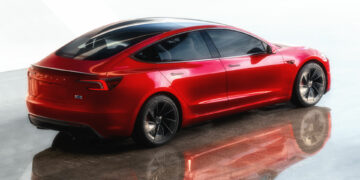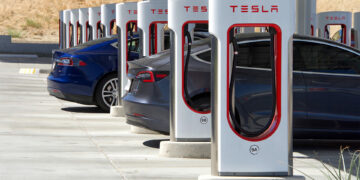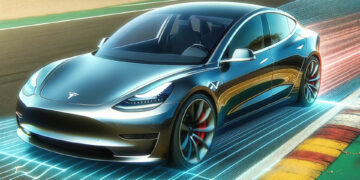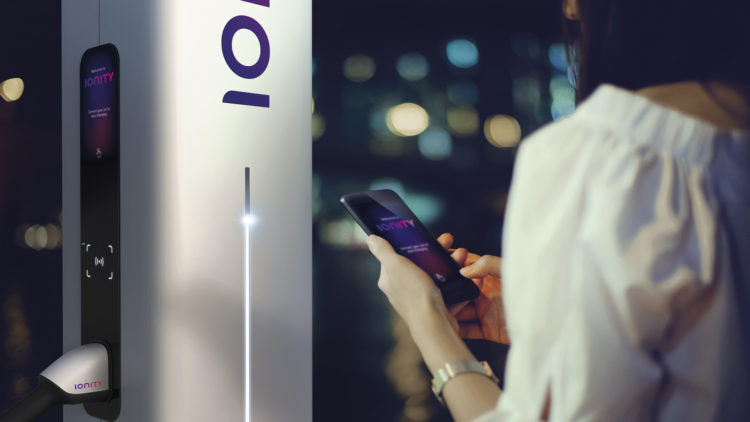Last updated on April 8th, 2020 at 07:58 pm
Ionity has announced a new pricing scheme across its network. The company, which is a consortium between the BMW Group, Daimler AG, the Ford Motor Company, and the Volkswagen Group with Audi and Porsche is launching a kilowatt-hour based pricing structure, which will come into effect on 31 January.
Connected Mobility Service Providers (MSP) such as Audi e-tron Charging Service, Mercedes.Me.Charge, BMW ChargeNow, Porsche Charging Service and Volkswagen WeCharge all work on the company's charging network, so those wanting to benefit from a high-powered charge can still do so via their respective schemes. Those who don't have a contract with an MSP will still be able to use the chargers while incurring a price-per-kilowatt-hour (kWh) format, at €0.79ct—per kWh (gross price in country-specific currency).
Michael Hajesch, CEO of Ionity, commented: “Significant investment has helped establish and grow IONITY’s network to make seamless, high-speed, long-distance electric mobility across Europe a reality. Providing customers with unparalleled levels of service has been key to our business from day one.
Looking at the accelerating run-up in electromobility, our new pricing scheme offers an economically viable and transparent pricing structure across Europe. Depending on their individual requirements our customers can use attractive charging offers from one of our cooperating Mobility Service Providers or choose to charge their vehicle directly with Ionity.”

A few months ago the consortium unveiled its latest generation High-Power Chargers (HPCs), which went onto with gold at the iF awards in 2019. The design incorporates a multi-functional LED-light-ring (HALO), which serves as a beacon for those driving in low visibility conditions.
Read next: Repsol invests into a new electric vehicle charging network in Spain
The HPCs also have an HMI screen flow (Human Machine Interface), which provides Ionity customers with an easy way of making or initiating a payment; it's not complicated and rightfully so, drivers don't want to be spending time deciphering a charging point. Better still, as the chargers are rolled out across numerous European countries, the HMI is available in several languages as well as incorporating a 24/7 hotline.
As of today, Ionity has over 200 charging station with more than 860 charging points in 20 countries. Each charging point is capable of delivering up to 350 kW of power to a vehicle; while there are no EVs that can currently benefit from the max current, Ionity built its chargers to last a numerous amount of years. Battery cell technology is bound to catch up and electric vehicles will soon enough widely support faster-charging rates.
Once Ionity's chargers have been fully developed, they'll span across 24 European countries (that includes the UK); and the best bit: they're all powered by 100% renewable energy. Would faster charging give you less range anxiety? Let us know on Facebook, Twitter or in the comments section, below.


















Discussion about this post